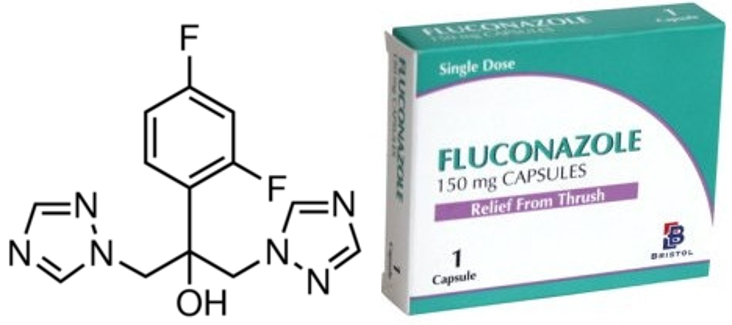Azole antifungals are the first-line of treatment or prophylaxis for many fungal infections. They are often administered long-term (weeks to months), which can be associated with a number of adverse effects.
Children receiving voriconazole should receive ECG monitoring and electrolyte imbalance correction
Voriconazole can induce QTc prolongation and life-threatening arrhythmias. Dr Pasternak and colleagues in Israel found that QTcP >60 ms occurred in around a third of children receiving voriconazole. They recommend ECG monitoring for all patients, and correction of electrolyte imbalances (especially potassium) before initiating voriconazole treatment.
How well is long-term fluconazole tolerated?
Safety and tolerability data for long-term use of fluconazole are scarce. Dr Davis and colleagues have published a study of 124 coccidioidomycosis patients in California and found that around half (52%) experienced significant side effects, in particular dry skin, hair loss and fatigue.
New prospective open-label study on anidulafungin for invasive candidiasis in children
Recommendations for using anidulafungin (Ecalta/Eraxis) to treat invasive candidiasis in children are largely extrapolated from trials in adults. Dr Roilides and colleagues have published data from a trial of 49 children reporting a global response rate of 71% and a drug-related adverse event rate of 37% (10% discontinued due to AEs).


